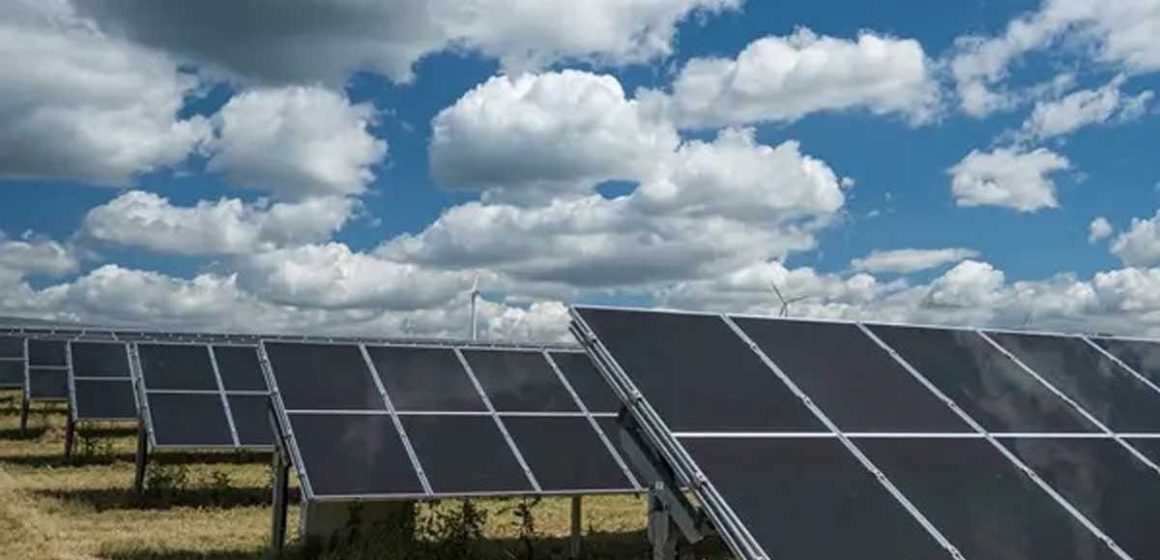The state government-led initiative under the Mukhyamantri Saur Krushi Vahini Yojana (MSKVY) aims to provide farmers with reliable daytime electricity for irrigation while accelerating the shift to decentralised clean energy.
Mumbai-headquartered Avaada Group has commissioned 11 solar power projects in Maharashtra’s Yavatmal district under the Mukhyamantri Saur Krushi Vahini Yojana (MSKVY) 2.0. The state-led initiative aims to provide farmers with reliable daytime electricity for irrigation while accelerating the shift to decentralised clean energy.
The newly operational plants span multiple locations, including Kinhi, Baldi, Dongarkharda, Bansi, Patan, Mhasola, Galwa, Pathrad, Parjana, Sawargaon, and Sarfali, with capacities ranging from 2 MW to 5 MW.
These installations are expected to benefit nearly 14,900 farmers across 167 villages, improving access to irrigation, reducing energy costs, and unlocking new income opportunities through land leasing. Avaada is currently executing over 1,132 MW of solar capacity across key districts such as Nashik, Pune, Sangli, Ahmednagar, Beed, and Yavatmal under the scheme.
MSKVY 2.0, an upgraded version of the programme launched in 2017, seeks to solarise 30 percent of agricultural feeders by developing approximately 7,000 MW of decentralised solar capacity in the 0.5–25 MW range. These projects are strategically located near high-load substations to optimise grid performance and reduce transmission losses.
For farmers, the scheme promises reliable daytime power for irrigation pumps, eliminating dependence on nighttime operations and reducing risks associated with accidents and wildlife encounters. Lower electricity bills and reduced diesel expenses contribute to greater financial stability, while consistent power supply enables better crop planning and higher yields. Farmers hosting solar projects on fallow land also stand to earn lease income, further enhancing rural livelihoods.
From an administrative and economic standpoint, solar-based agricultural power reduces the subsidy burden on discoms and the state, lowers procurement costs, and improves grid efficiency. The decentralised infrastructure also stimulates local economies through investment and job creation. Environmentally, the scheme supports Maharashtra’s climate commitments by displacing fossil fuel-based generation with clean solar power, thereby lowering the state’s carbon footprint.
Vineet Mittal, Chairman of Avaada Group, said the initiative exemplifies how clean energy can directly uplift rural communities. “We are honoured to partner with the Government of Maharashtra in this transformative journey. MSKVY 2.0 is a model for how clean energy can directly uplift rural communities,” he said.
Avaada’s work under MSKVY 2.0 aligns with its broader renewable energy portfolio, which spans solar photovoltaic manufacturing, green hydrogen, energy storage, and data centre infrastructure.


